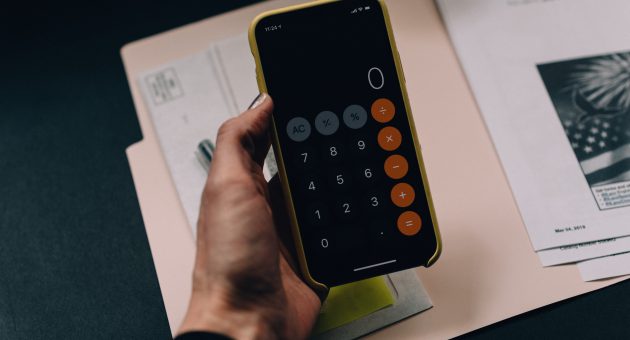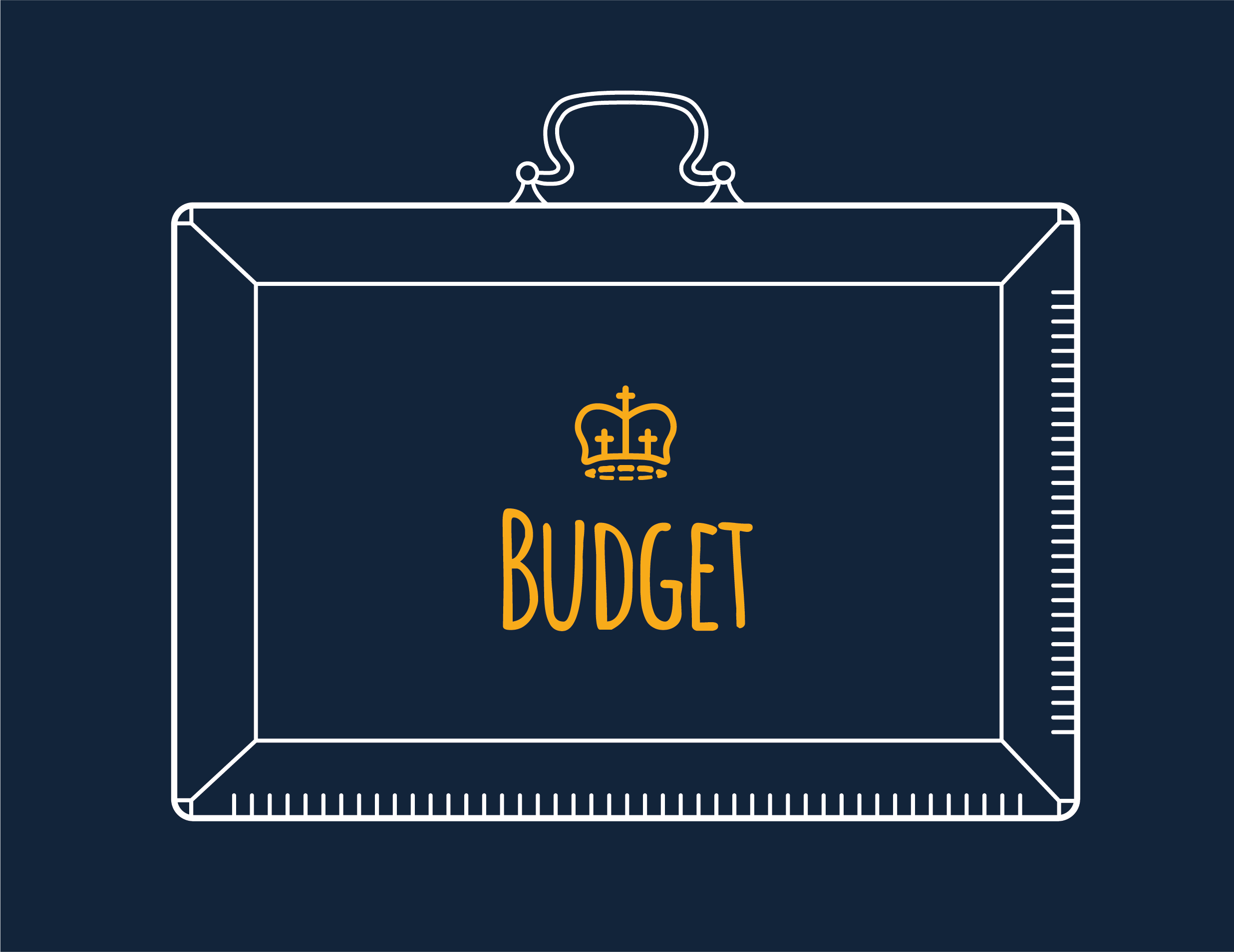
In this expert guide, we’re going to go through the different ways you can effectively save money early on in life and how to sustain these habits throughout adulthood. Getting started on your savings journey sooner rather than later has many different benefits, as it allows your money to grow over time, so when you need it most, it’s there for you. This can help you to reach milestones in life, such as your first home deposit, a life event, or your first car, as well as giving you more financial security.
If you’re wondering how to start saving money from a young age, or want to help someone you know, then read on for more information.
The importance of saving money
If you have money in savings, then you can go forward more prepared for your future. Life is unpredictable but with savings in place, you can feel more secure with greater financial freedom.
This can help you in times of need, whether you fall ill or are unemployed and need money to tide you over. If necessary, the money you put aside now can act as an emergency fund further down the line.
Then you also have major life events, such as a wedding or starting a family – these are often not cheap. Many people have to save up for this type of occasion as there are so many different expenses involved. Sometimes, big milestones can happen unexpectedly, so if you don’t already have money saved up, then you may have a harder time affording everything involved.
Something else that you may not have given much thought to yet, but is a common aim, is retirement. To have the most comfortable retirement possible, having savings in place can make a huge difference to how you live when you finish working.
Set your saving goals
One great way to start saving from a young age is to first take a step back and think about what you want to achieve in life. What would need financial backing to help you out?
For example, some common savings goals are as follows:
- A home – Buying a place to live is going to be one of the most expensive purchases you ever make, so any little bit you can save towards this when you’re younger can make an impact when the time comes for you to put your deposit down.
- A car – Lessons, insurance, your driving tests… that’s before you’ve even thought about buying a vehicle! Getting a car can be costly, so this is a great savings goal to have.
- Investing in your future: university, starting a family, travel – You may not know exactly what it is you want to save towards yet, but it should become clearer to you as you get older and figure out where you want to go in life. Therefore, your savings can be a way for you to invest in your future on a more general basis, so you’re ready for whatever comes your way.
You could even save towards a rainy day fund which is there for you should you need some money, whether this is due to unexpected loss of income or a large expense. With savings, you are less likely to rely on loans or credit cards and you’ll feel more prepared for financial emergencies.
Having savings goals in place gives you something to work towards and means you’re more likely to achieve what you set out to do as you can work out a general idea of the costs involved. This is how a savings goal can help you to lead the life you aspire to.
Budgeting
Getting into the habit of budgeting from an early age is an important step in your savings journey and can enhance your life in numerous ways. A personal budget is essentially a finance plan with an overview of your current financial situation. It can allow you to keep track of your finances and manage them as well as possible. Evaluating your income and outgoings means you can focus on creating a realistic monthly budget.
When creating your budget, take into consideration the following:
- Income – e.g. wages, grants, student loans
- Essential outgoings – e.g. food, transportation, rent and living costs
- Potential outgoings – e.g. clothes, holidays, more luxurious purchases, any debt you may have
- What you do with the money you have leftover at the end of the month – e.g. set some aside, leave it in your bank account, invest it, spend it another time
If you have all this information in front of you, you can see where you can make cutbacks and how much is viable for you to save on a regular basis. This doesn’t mean that you have to stop enjoying yourself or doing things you love – even if you just save a small amount of money each month, this is better than nothing. It will gradually add up over time and if it’s something that you’ve already accounted for in your budget, your savings goals will be much easier to reach.
How to make saving easier
Saving can seem difficult to get started with if it’s something that’s new to you, but there are simple ways to make it easier so that it comes naturally to you once it becomes a habit instead of a conscious decision. This is why it’s great if you can save from a young age, as it can be a habit for life that helps you to build up your money and complete savings goals.
There are plenty of saving methods you can try out to see what works for you, one of these being the ‘pay yourself first’ concept. With this, your budget revolves around saving – you can start off small to see how you get on and you can then increase the amount you put away gradually, to slowly stop spending money as frequently. When your income comes into your bank account, this is the best time to put the amount of savings away that you can. The 50/30/20 approach is a good rule to follow, as with this, you allocate 20% of your income to your savings, 50% to necessities and 30% to wants.
Here are a few straightforward ways to save more and spend less:
- Opt for cheaper alternatives, for example, supermarket own brands over more popular, expensive options.
- Seek out discount codes and offers – there are plenty of these available if you’re a student!
- Make packed lunches and home-cooked meals when possible. Batch cooking and freezing meals is also great for convenience and saving over time.
- Sell items online to increase income – clothes, homeware, or anything you no longer want.
Opening a savings account
One way to save money for your future with minimal effort on your part is through a savings account. This is an ideal option for you or your parents to consider for you to start saving, as Individual Savings Accounts (ISAs) can allow your money to grow over time with tax-free returns.
This is easy to do as you can open a plan in minutes, online or through the phone. With your savings plan, you can choose to put in a set amount, as and when through a lump sum, or you can set up a Direct Debit that contributes a set amount to your savings plan monthly.
Your parent or guardian can open a Junior ISA for you from the day you’re born, which you can access when you reach the age of 18. However, if this wasn’t done for you when you were a baby or child, you can open a savings plan yourself when you reach adulthood.
How to open a savings account as a teenager?
Once you’re old enough – typically 18 years old, depending on the plan and provider you choose – you can open your own savings account, such as an Investment ISA. This is a way for you to build up your savings gradually, with the aim of medium to long-term growth. It’s recommended that you save for at least five years so that your money has the chance to grow over time and ride out ups and downs in the investment market. This is another reason why the sooner you get started, the more your money can work hard for you in a savings plan. Always be aware though, when investing, increased returns are not guaranteed.
How much are you able to save?
Keep in mind, with ISAs, there are annual ISA allowances that limit the amount you can contribute into your savings plan each financial year. The government can change these allowances when the new tax year starts on the 6th of April each year, as the figures are based on the economic climate at the time.
Drawbacks of having no savings
If you don’t have any savings in place, then this is something that you should start to think about as there are so many benefits to having this kind of financial support in place.
Without savings, you may be more likely to run into the following issues:
- Having to borrow money in case of an emergency, which can lead to paying high interest rates.
- If borrowing isn’t paid back correctly then this can lead to bad credit, which could subsequently cause you problems if you want to borrow more money in the future or get a mortgage.
- Unable to afford luxuries, such as nice holidays.
- Living payday to payday, which can cause complications and stress.
Whilst you may be fortunate and not experience these problems without savings, it’s always better to be safe than sorry if you can help it.
Summary
All in all, starting to save money from a young age means that your money has more of a chance to grow over the years, which can then go towards large purchases or provide you with more financial stability. Saving money is also a great way to learn about money management, whilst building positive spending habits that can stand you in good stead throughout your life.
You can start saving today in a few simple steps – if you’re 18 or older you can open your own Stocks & Shares ISA, or if you’re under 18, we suggest speaking to a parent or guardian about saving for your future. For more information about our range of savings options, please see our different investment plans.


